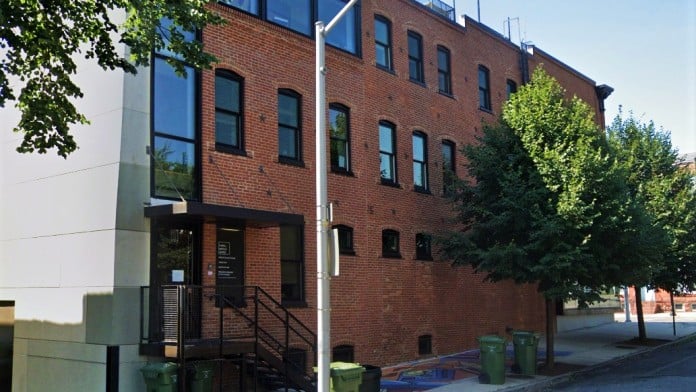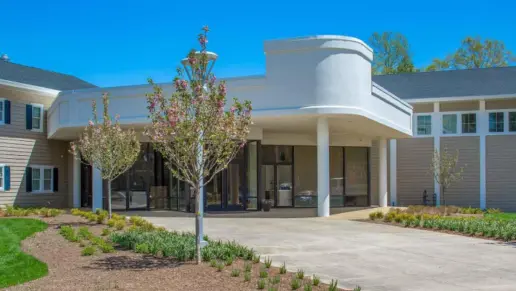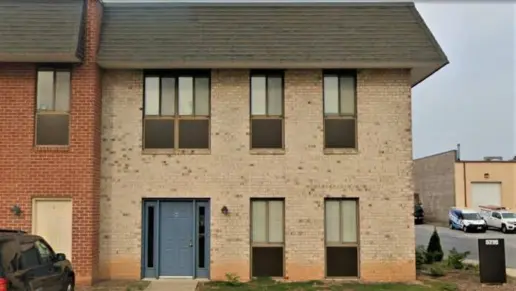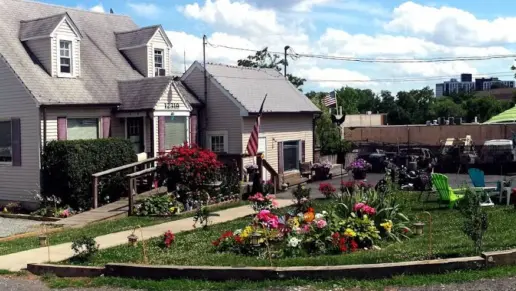Martha's place has given me a great foundation to seek recovery, the staff is amazing they are very helpful and kind with all the patients. The facility is nice and the environment lived here is the best to get treatment.
About Martha’s Place
Martha’s Place is a residential recovery program for women overcoming substance abuse and homelessness. The facility borders Baltimore’s communities of Sandtown-Winchester and Upton in Maryland. They offer long-term single-room occupancy housing. Each client enjoys a private bedroom with shared living rooms, dining rooms and bathrooms. Laundry facilities and outdoor gardens are also available. The latter provides a calming space for reflection, stress relief and connection with nature. This supports mental and emotional wellbeing during recovery.
The facility is safe and very conducive to recovery. It’s the ideal structured recovery setting where women can learn to maintain sobriety while building life skills for independent living. The program involves various supportive services like addiction counseling, case management and wellness workshops. Counseling helps you address the underlying cause of your substance abuse and develop coping strategies.
The program also includes life skills training, money management and employment assistance. These allow you to establish a greater sense of independence and empowerment. The program alumni known as Martha’s Angels represent an essential voice of advocacy that provides emotional support and mentorship and serves as role models to clients in recovery. They also offer support and outreach to other women struggling with addiction.
What I find fascinating and very helpful in this residential program is their wellness workshops. This hour-long session is held every Wednesday to support and improve residents’ mental health and physical wellbeing. The activities range from spiritual health to financial wellness, computer skills and garden yoga. Comments from past clients reflect an overwhelmingly impressive service offering.
Latest Reviews
Rehab Score
Gallery

Location
Other Forms of Payment
Self-pay involves paying for treatment out of your own pocket. You can use savings or credit, get a personal loan, or receive help from family and friends to fund your treatment. If you don't have insurance or your insurance plan doesn't cover a specific program, self-pay can help ensure you still get the care you need.
Addiction Treatments
Levels of Care
Treatments
The goal of treatment for alcoholism is abstinence. Those with poor social support, poor motivation, or psychiatric disorders tend to relapse within a few years of treatment. For these people, success is measured by longer periods of abstinence, reduced use of alcohol, better health, and improved social functioning. Recovery and Maintenance are usually based on 12 step programs and AA meetings.
Once a person has become addicted to a substance, drug rehab in Maryland is often necessary to overcome that addiction. These programs provide the tools individuals need to manage the physical, mental, and emotional issues involved and begin a successful recovery journey.
Opioid rehabs specialize in supporting those recovering from opioid addiction. They treat those suffering from addiction to illegal opioids like heroin, as well as prescription drugs like oxycodone. These centers typically combine both physical as well as mental and emotional support to help stop addiction. Physical support often includes medical detox and subsequent medical support (including medication), and mental support includes in-depth therapy to address the underlying causes of addiction.
Substance rehabs focus on helping individuals recover from substance abuse, including alcohol and drug addiction (both illegal and prescription drugs). They often include the opportunity to engage in both individual as well as group therapy.
Programs


Clinical Services
Group therapy is any therapeutic work that happens in a group (not one-on-one). There are a number of different group therapy modalities, including support groups, experiential therapy, psycho-education, and more. Group therapy involves treatment as well as processing interaction between group members.
In individual therapy, a patient meets one-on-one with a trained psychologist or counselor. Therapy is a pivotal part of effective substance abuse treatment, as it often covers root causes of addiction, including challenges faced by the patient in their social, family, and work/school life.
Life skills trainings involve all the skills a person must have in order to function successfully in the world. These include time management, career guidance, money management, and effective communication. Truly successful addiction recovery is based on the ability to not only live substance-free, but to thrive. Life skills teaches the practical necessities of functioning in society, which sets clients up for success in life, and therefore sobriety.
Contact Information
1947 Pennsylvania Avenue
Baltimore, MD 21217


